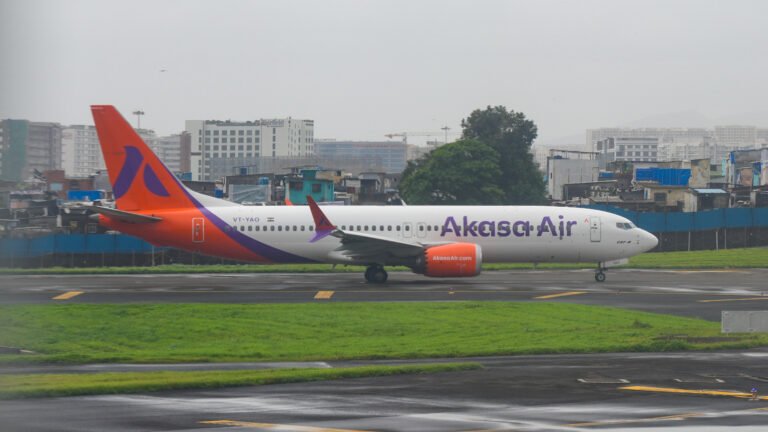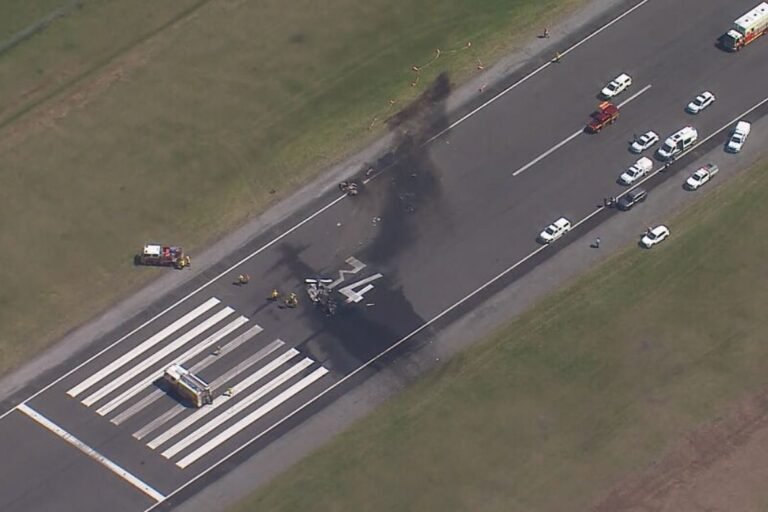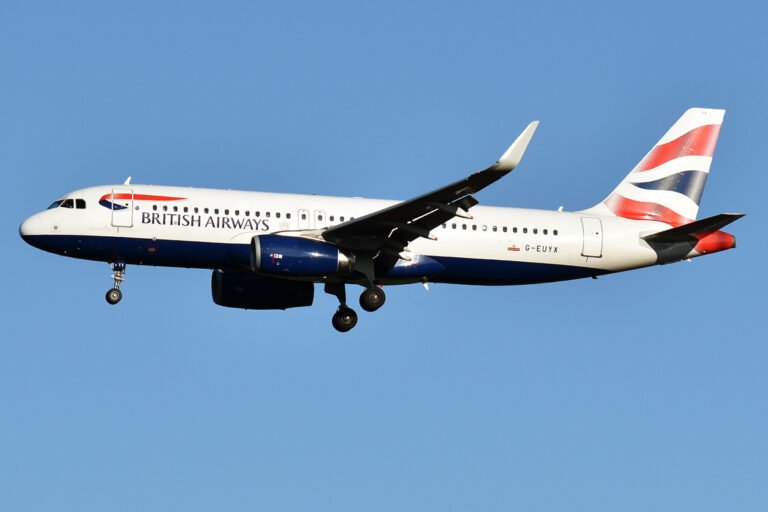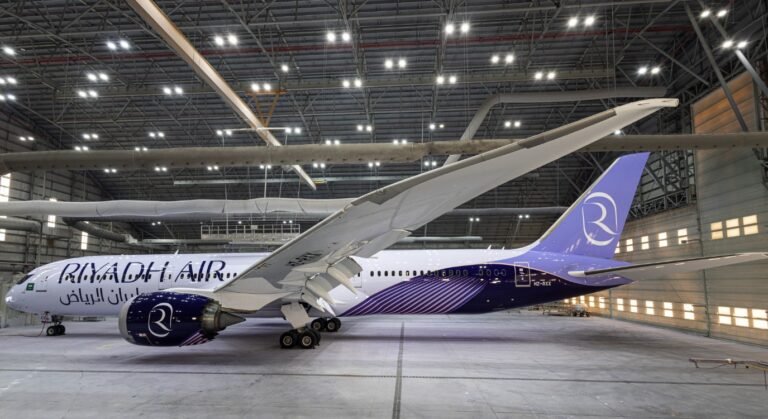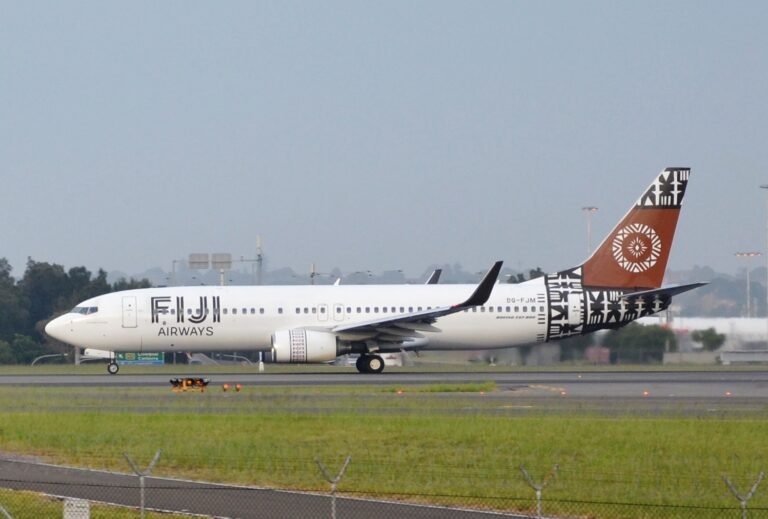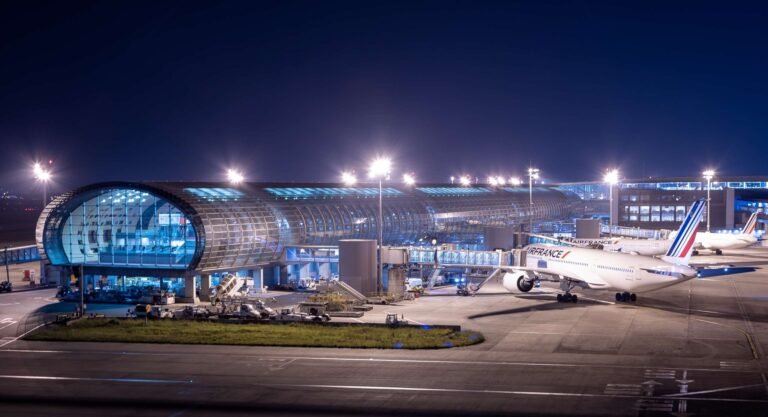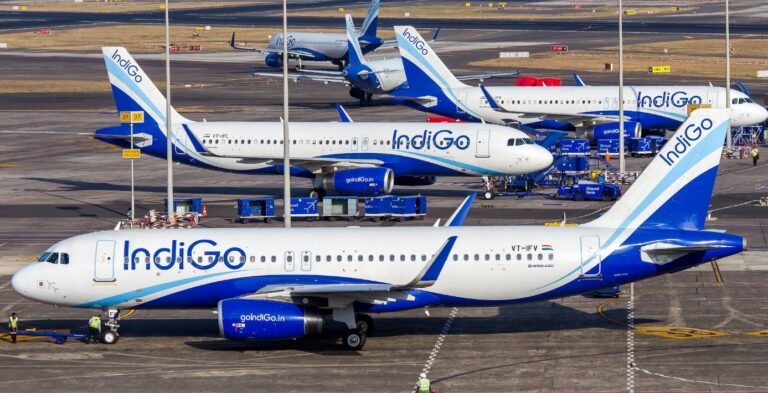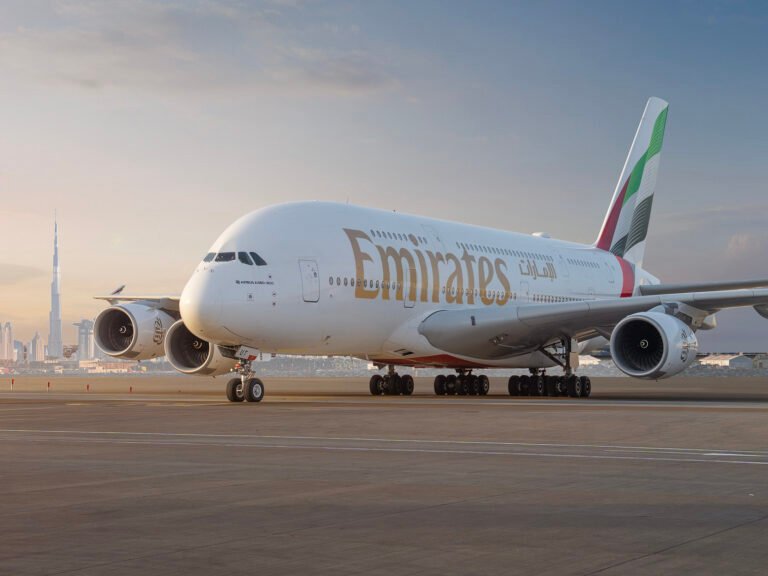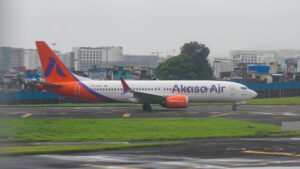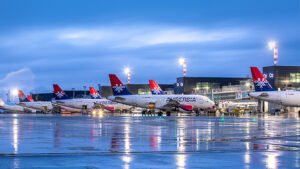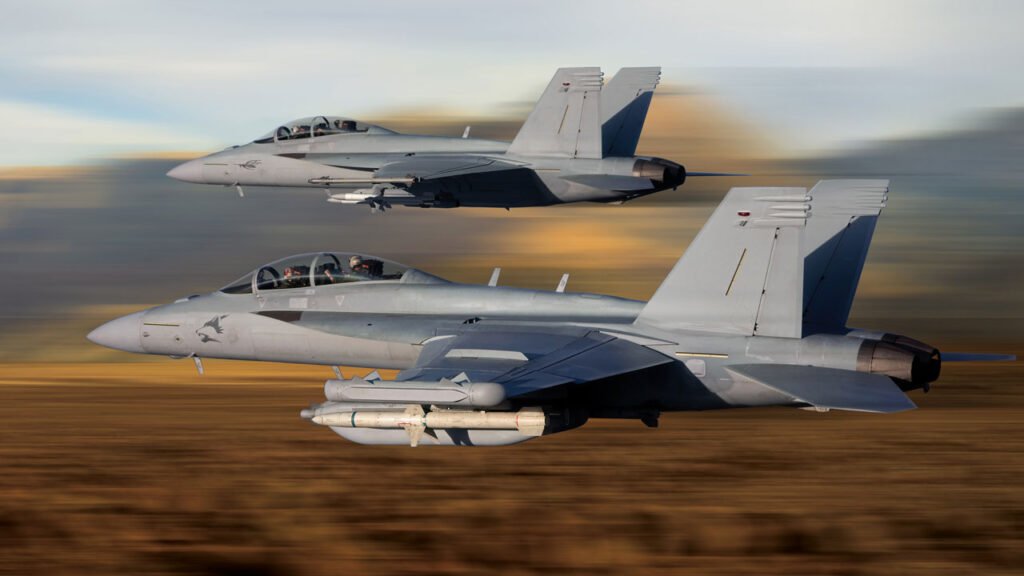
Missouri, United States: Boeing defence workers walked off the job on Monday, launching the company’s first strike at its defence facilities in nearly 30 years after rejecting a revised labour contract.
More than 3,200 members of the International Association of Machinists and Aerospace Workers (IAM) District 837 voted against Boeing’s four‑year offer, which included wage increases averaging about 40% over the contract term, along with bonuses, additional leave time and enhanced retirement contributions.
Union leaders said the package failed to adequately reflect the highly specialised skills and contributions of its members. “Our members build some of the most advanced military aircraft and systems in the world and deserve an agreement that respects their work and secures their future,” IAM representatives said.
The strike affects Boeing’s St. Louis‑area defence plants in Missouri and Illinois, which produce fighter jets, trainers and unmanned aerial systems. The facilities are integral to Boeing’s defence programmes, including the F‑15, T‑7 trainer and MQ‑25 refuelling drone.
According to Reuters, Boeing said it was “disappointed” by the union vote but stated that contingency plans had been activated to maintain operations and meet customer commitments. “We remain committed to reaching an agreement that benefits both employees and the company”.
The walkout comes as Boeing expands its defence footprint in St. Louis to support next‑generation fighter aircraft under the US Air Force’s Next Generation Air Dominance (NGAD) programme. The last major strike at these facilities occurred in 1996 and lasted 99 days.
Industry analysts said while Boeing’s defence contracts are long‑term and less vulnerable to immediate disruption than commercial aviation work, a protracted strike could delay certain production milestones.
The labour action follows a series of strikes across the US aerospace sector, including a two‑month walkout by Boeing’s commercial jet machinists last year and a three‑week strike at Pratt & Whitney earlier this year, underscoring mounting labour pressures in the industry.

